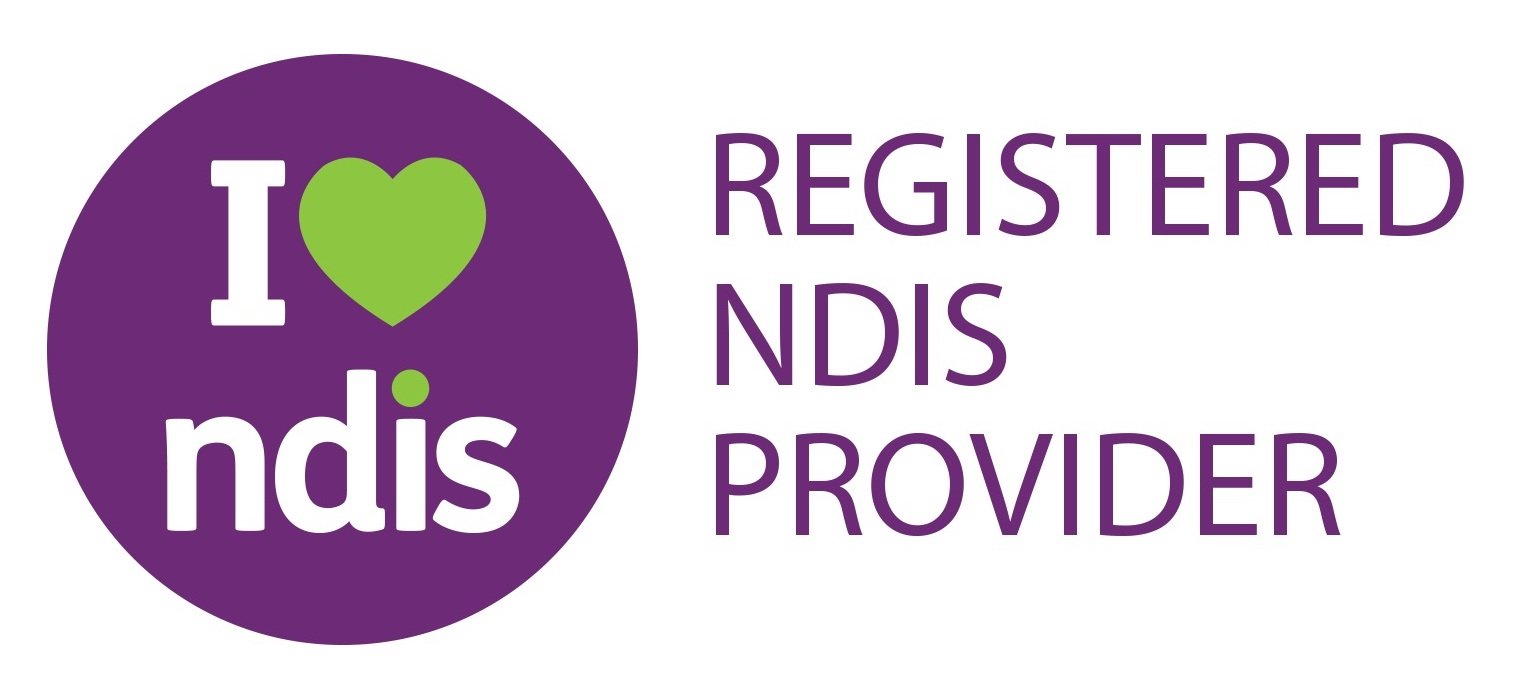Trauma-Informed Care (TIC) is an essential framework within psychosocial disability services, emphasizing the recognition and understanding of trauma’s pervasive impact on individuals. By integrating this approach, support systems can foster healing environments that promote recovery and enhance overall well-being.
Understanding Trauma-Informed Care
Trauma-Informed Care acknowledges that many individuals seeking support have experienced trauma, which can significantly influence their behaviour, responses, and engagement with services. This approach emphasizes safety, trustworthiness, choice, collaboration, and empowerment, ensuring that care environments do not inadvertently re-traumatize individuals but instead support their path to recovery.
The Importance of Trauma-Informed Care in Psychosocial Disability Services
Prevalence of Trauma Among Individuals with Psychosocial Disabilities
Research indicates a high prevalence of Adverse Childhood Experiences (ACEs) among individuals with psychosocial disabilities. ACEs, such as abuse, neglect, or household dysfunction, have been linked to an increased risk of mental health issues, including depression, anxiety, and Post-Traumatic Stress Disorder (PTSD). Implementing Trauma-Informed Care acknowledges these experiences and tailors support to address the unique needs arising from such histories.
Enhancing Engagement and Trust
Individuals with trauma histories may exhibit distrust towards healthcare providers due to past negative experiences. A trauma-informed approach prioritizes creating a safe and supportive environment, which can enhance trust and encourage active participation in care plans. This collaborative relationship is fundamental for effective psychosocial support and recovery.
Reducing Re-traumatization
Traditional care practices that do not consider past traumas can inadvertently trigger re-traumatization, hindering recovery. For example, restrictive practices in mental health settings have been found to isolate and traumatize patients. Research conducted by Deakin University in partnership with Barwon Health is exploring alternatives to such practices, emphasizing the importance of a trauma-informed approach that promotes healing through love, respect, and care.
Improving Outcomes Through Evidence-Based Practices
Evidence supports the efficacy of trauma-informed interventions in improving mental health outcomes. For instance, the Wellness Recovery Action Plan (WRAP), a trauma-informed recovery model, has been extensively studied and is now recognized as an evidence-based practice. WRAP focuses on personal strengths and has been shown to improve personal and clinical recovery outcomes.
Implementing Trauma-Informed Care: Key Considerations
Staff Training and Education
Educating staff about the impact of trauma and the principles of trauma-informed care is essential. Training programs should focus on recognizing signs of trauma, understanding its effects on behaviour, and adopting strategies that promote safety and empowerment.
Creating Safe Environments
Physical and emotional safety are paramount in trauma-informed care. This involves designing care settings that are welcoming and free from potential triggers, as well as fostering a culture of respect and non-judgment.
Collaborative Care Planning
Engaging individuals in their care planning promotes a sense of control and empowerment. Collaborative approaches ensure that support plans are tailored to individual needs and preferences, enhancing their effectiveness.
Conclusion
Adopting trauma-informed care in psychosocial disability services is not just a compassionate approach but a necessary one, grounded in evidence and best practices. By recognizing the prevalence of trauma and its profound impact, services can be better equipped to support individuals on their recovery journeys, leading to improved engagement, reduced re-traumatization, and enhanced overall outcomes.







